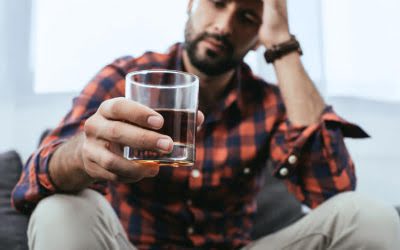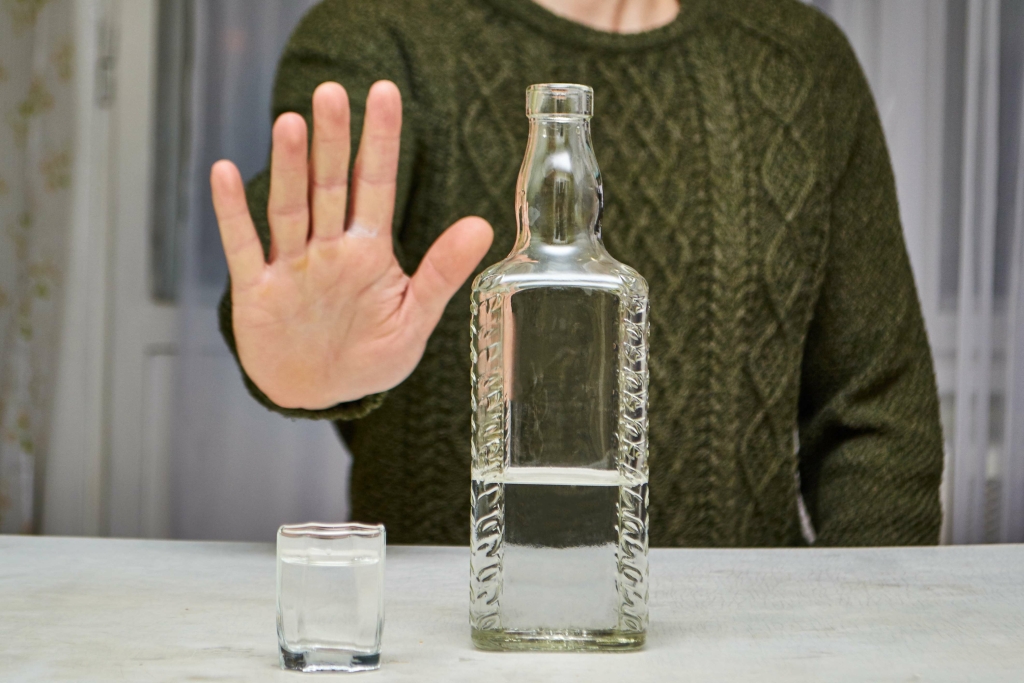This can lead to a false positive on a urine test and can cause problems for people who are under the influence of alcohol. There is no proven way to speed up the body’s rate of alcohol metabolism. However, some common methods to detox from alcohol faster include drinking water, taking supplements, or eating particular foods. Contrary to the belief that eating speeds up metabolism, certain dietary choices can hinder the detoxification process. Consuming junk food or dishes high in saturated fat can strain the digestive system, making it more challenging to eliminate alcohol from the body.
What are the Different Types of Alcohol Urine Tests?
The remaining alcohol will get to the digestive and urinary tract and get out of the system via urine and feces. Like other illicit drugs, Alcohol can stay in your system that can reflect in your drug test result leading to adverse consequences. They may even lead to diluted urine, which can trigger suspicion during drug testing procedures. If you are under probation, this is obviously the best way to pass an ETG test, as samples cannot lie nor be manipulated.
Eating before drinking slows alcohol absorption, but doesn’t prevent intoxication

With that being said, one of the first ways you can try clearing your urine after having a few drinks is to make sure you drink plenty of water. This will help to dilute alcohol concentrations in your urine and will make it harder for the alcohol to show up on a test. Proper nutrition and the right foods how to flush alcohol from urine can help detox alcohol more effectively and completely.
- The answer is yes, but it does not necessarily mean you’re going to test negative.
- By following a few simple steps and taking the necessary precautions, you can ensure that you are able to remove alcohol from your system in a safe and effective manner.
- It is important to drink plenty of water throughout the day in order to maintain hydration and to help flush toxins.
Flushing Alcohol Out: Quick And Complete System Detox
- Begin with a free call to an addiction & behavioral health treatment advisor.
- Like other illicit drugs, Alcohol can stay in your system that can reflect in your drug test result leading to adverse consequences.
- However, it can also irritate the bladder and is linked to urinary incontinence, especially in women.
However, it’s important to note that food does not directly affect the rate at which alcohol is metabolized and eliminated from the body. The breakdown and elimination of alcohol cannot be sped up by drinking water, sleeping, or taking a shower. Coffee might make someone more alert, but it will not eliminate alcohol from the blood or lower blood alcohol concentration (BAC). As long as the rate of consumption is greater than the rate of elimination, BAC will continue to rise. Drinking water is an essential part of staying hydrated and supporting your body’s recovery after drinking alcohol.

Drinking water won’t speed up the process, but it can help your body recover
Your blood samples can still test positive even after 5 days or beyond after your last consumption. With the process called glucuronidation, your body’s metabolism is able to produce a derivative of Ethanol from your alcohol consumption and is able to present that in your urine. Now how is this different from just the usual breath-in-the-mouth alcohol https://ecosoberhouse.com/ tests that we’d normally see on movies and other social media sources? Alcohol can be detected in urine for 12 to 130 hours, depending on the level of alcohol consumption. After heavier use, alcohol can be detected in urine for 72 hours or more.
Urine tests can detect alcohol for between 12 and 80 hours after your last drink. While drinking water and consuming rehydration solutions can help to alleviate discomfort, they do not speed up the metabolism of alcohol. The only way to increase the rate of alcohol metabolism is to drink regularly, which is not advisable. The liver metabolizes alcohol, and the healthier the liver, the faster it will process alcohol. Green tea may also help to flush out alcohol due to its anti-inflammatory properties and ability to boost immunity and detoxify the body. While drinking water will not directly speed up the elimination of alcohol from the body, it can help to support the body’s natural detoxification process.
While exercising can be a great way to sweat out impurities in your body, it may not always be a good idea after a night of drinking. In many cases, alcohol dehydrates the body and can cause you to have low blood sugar, as well as increase your blood pressure. Working out under these conditions can put significant strain on all your body parts.

However, dehydration can put a strain to your kidney, which makes your hydration status important for your recovery. Most of the alcohol is processed by the liver, breaking down into acetaldehyde, which is a toxic byproduct, then into acetate. A small amount of alcohol is filtered by the kidney, while the lungs and skin also excrete a small fraction of it through breathing and sweating. Each of the above drinks contains 0.6 ounces of pure ethanol, which counts as a single serving of alcohol. However, those are based on the average strength of each type of alcohol.
Long-term or overuse, however, can slow down the process and might Alcohol Use Disorder negatively impact your heart, liver, kidneys, and gut health. Since alcohol is a toxin that can prove harmful to the body if not expelled, getting rid of it as soon as possible is ideal. Through its natural processes, the body can remove this substance from within. There are chances that your body might metabolize alcohol within 2 to 4 hours of intake. That may work on those who take moderate amounts of alcohol, but for others, alcohol may stay for a long time. When it comes to getting alcohol out of urine, it’s important to remember that the process can take time and require patience.
Is Alcohol Impacting Your Health?
Trying to pass a urine drug test within 24 hours poses challenges when considering detox methods versus flushing techniques. When faced with last-minute drug testing, individuals often seek rapid detox alternatives or same-day cleansing methods to rid their bodies of substances quickly. While you can try flush out alcohol with water, it will not encourage the body to metabolize alcohol faster. The water will simply support the liver and kidneys in working as they should to eliminate the alcohol that has already been broken down in the body.


